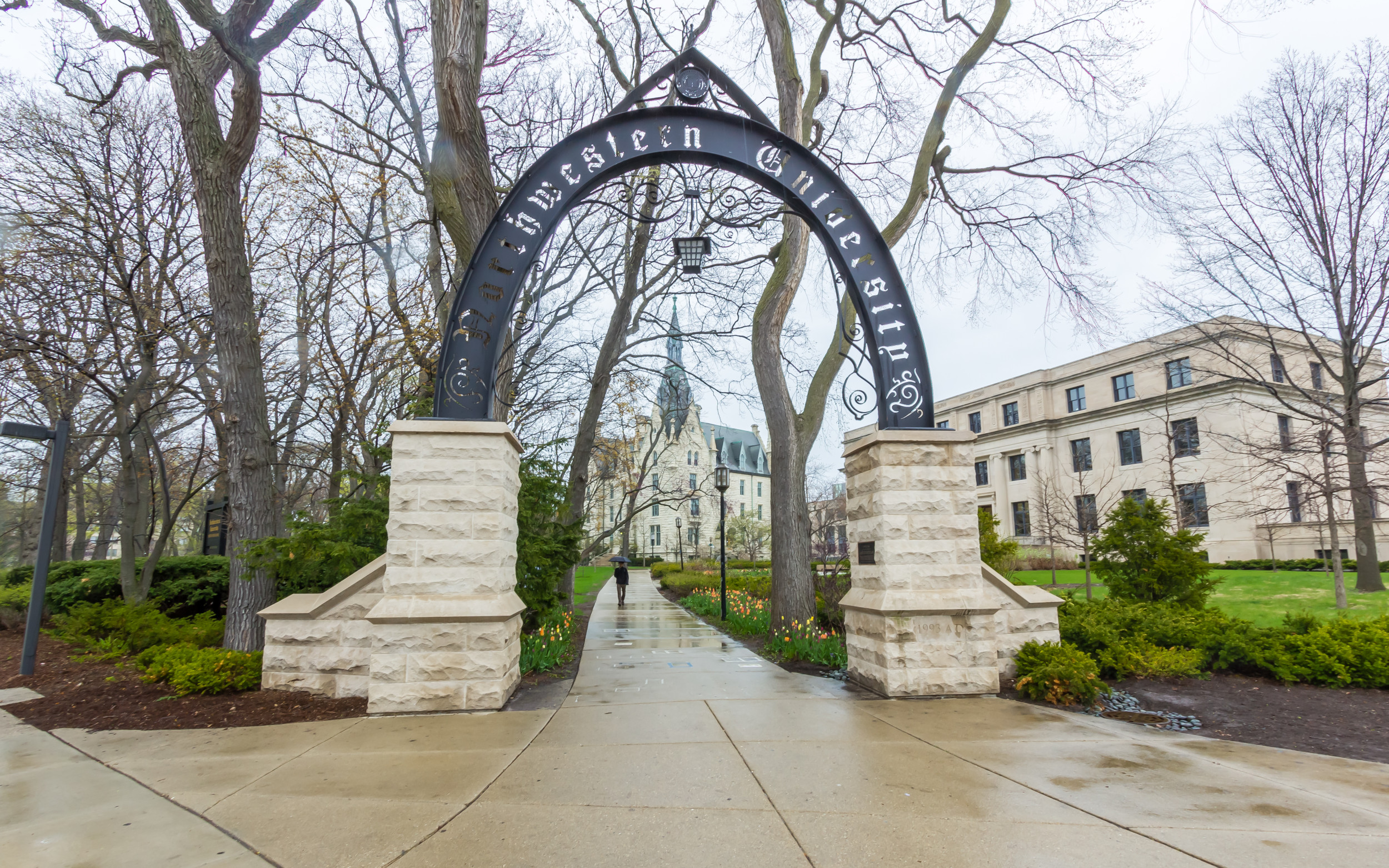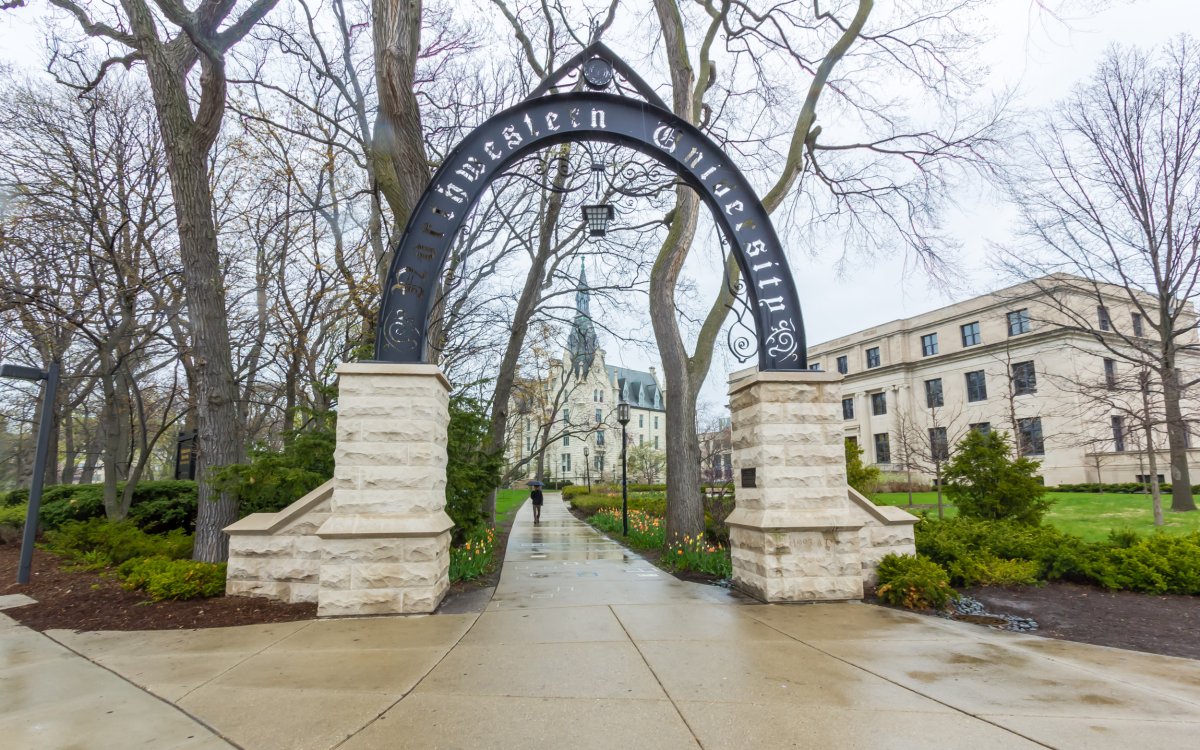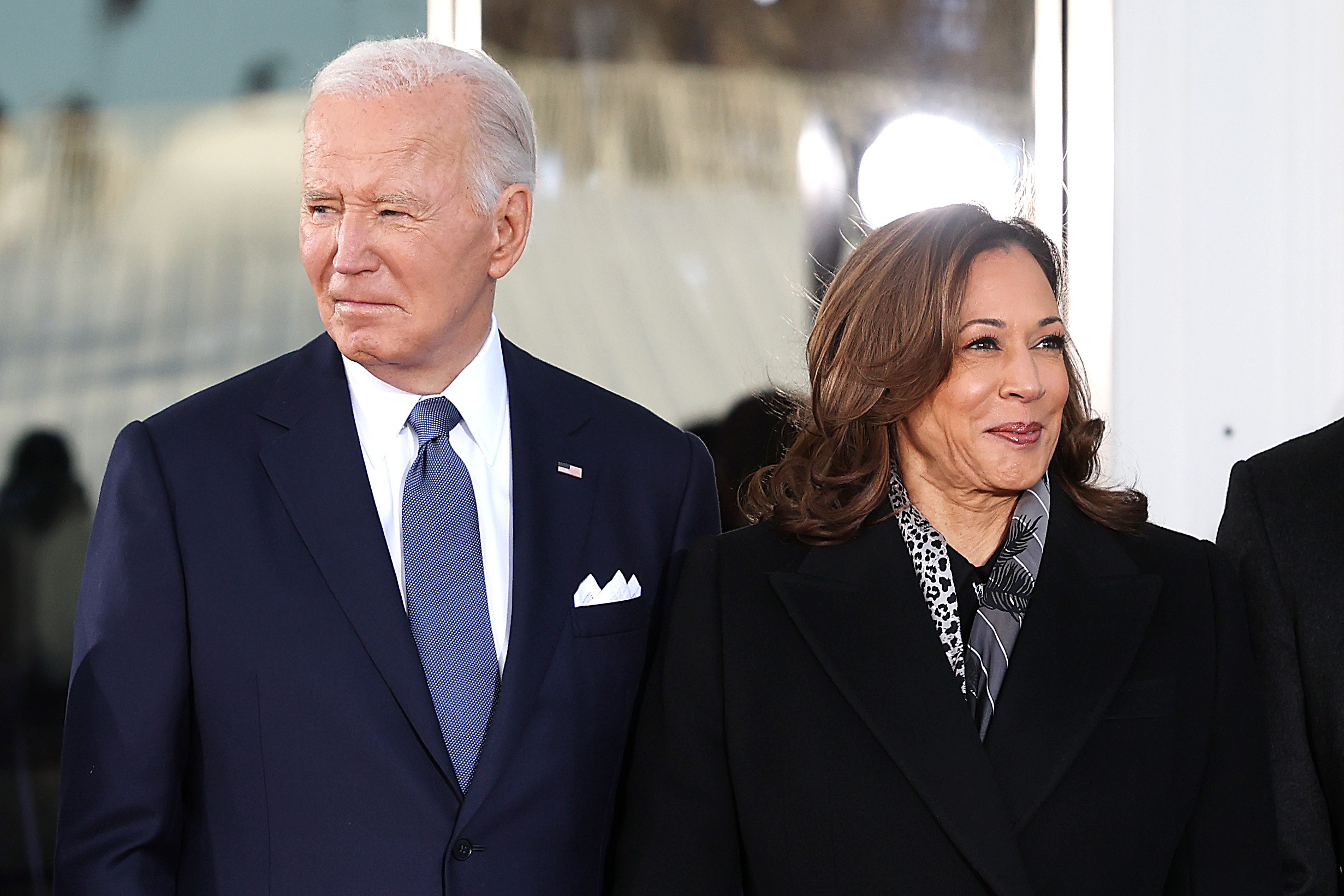
A student at Northeastern University has called for her tuition fees to be refunded after she discovered that one of her professors was using ChatGPT to respond to her work.
The professor asked the chatbot to create some “really nice feedback” for the student, despite many in the education sector calling on students to stop using artificial intelligence for work, according to a report from The New York Times.
Why It Matters
As artificial intelligence becomes more and more prevalent in the education system, the double standard in AI use between faculty and students is being challenged. Normally, it’s the students who are being criticized for using generative AI on assignments, but this latest incident has shown that professors are not infallible either.
What To Know
In February, Ella Stapleton, a senior at Northeastern University’s business school, noticed that her assignment notes from her professor appeared to include direct queries from a conversation with ChatGPT.
One prompt in the notes read, “expand on all areas. Be more detailed and specific,” followed by descriptions and bullet points typical of AI-generated text, according to The New York Times.
Other class materials included distorted images, misspelled text, and other prompts, all of which are clear signs of AI usage.
However, Stapleton’s business major explicitly ruled out the use of unauthorized AI and other “academically dishonest activities,” leading Stapleton to file a formal complaint against the professor.

Getty Images
It’s not the first time AI has had growing pains when introduced to the education system. A report from January this year revealed that almost 90 percent of academics believe the majority of their students use AI regularly, with generative AI being the most common.
C. Edward Watson, vice president for digital innovation at the American Association of Colleges and Universities, described the breakthroughs in Large Language Models (LLMS), which includes generative interfaces like ChatGPT, as an “inflection point” in U.S. education, warning: “The challenge now is turning today’s disruption into tomorrow’s innovation in teaching and learning”
What People Are Saying
Lee Rainie, director of Elon University’s Imagining the Digital Future Center, said in a report on academic reactions to the use of AI: “The overall takeaway from these leaders is that they are working to make sense of the changes they confront and looking over the horizon at a new AI-infused world they think will be better for almost everyone in higher education.
“They clearly feel some urgency to effect change, and they hope the grand reward is revitalized institutions that serve their students and civilization well.”
What Happens Next
Academic institutions are still deciding on the best way to approach AI being used by both students and staff, while the technology itself continues to reach new developments.





